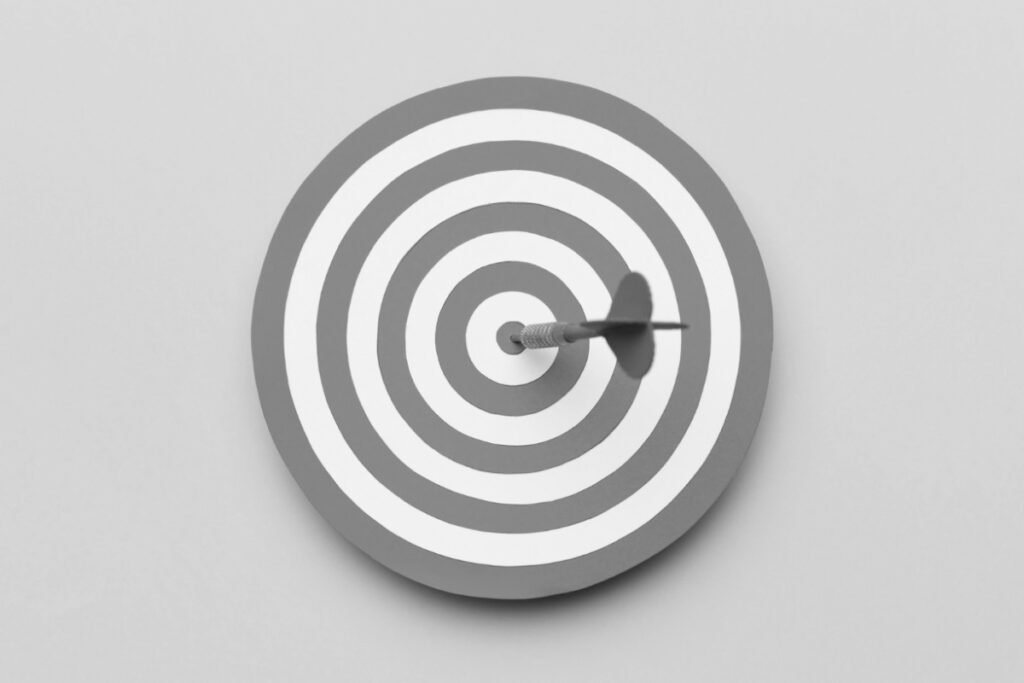Goal-oriented work for success
- Dr. Niklas Häusler
- Principles

"Dreams without goals are just dreams."
- Denzel Washington
Every person and every athlete has dreams. Some would like to become professional football or basketball players and others would like to succeed in their Olympic discipline. But in order to make such rather vaguely and intuitively formulated dreams come true, they should first be formulated as overarching goals. In addition, it must be clearly defined which short and long-term “intermediate goals” must be achieved first. An example from the perspective of an elite talent and striker: The “dream” is to become a professional soccer player. The “goal” is to sign a professional contract within the next two years. An “intermediate goal” is to score # goals within the coming season to be recommended for the first team. An “intermediate goal” for this is in turn is to be physically as fit as possible in order to get time on the pitch to score the # goals.
The brain works better with clearly defined goals.
By setting clear goals for yourself, you become highly motivated for every single training session and competition. It doesn’t matter if the weather or mood is bad or the muscles are tired: You know exactly why you have to give your best every single time. But why is it so important to specify your goals? Many of the human learning and motivational processes take place in our reward and value system in the brain [1]. As part of this system, the ventral striatum (in the center of our brain) and the ventromedial prefrontal cortex in the front part of the brain (behind the forehead, so to speak) have the task of defining individual reward expectations [1,2,3]. If expectations and goals are clearly defined, it makes daily life easier because you know why you have to decide in a certain way in every single situation. Distractions are easier to avoid, your mind is clearer and you can fully concentrate on the training and the competition itself.
Goals must be continuously adjusted.
By analyzing achievements and failures, the brain learns to optimize its behavior. Which behaviors have helped or hindered you to reach a certain goal? At neuro11, we work together with you on developing clearly defined goals. These are continuously analyzed and updated together so that you are always fully motivated and aware of your individual goals. In addition, we work with you to optimize your way of thinking (growth-oriented mindset) [4] in order to learn the right lessons even from possible failures and still achieve long-term success. You are thus always able to find your optimum and do not simply chase your dreams in an uncontrolled manner.
Our advice: Take a blank sheet of paper and write down all of your goals for the next year, the next five years and the next 20 years. This oftentimes not so easy task will make you realize that (a) goals are sometimes rather dreams than goals and that (b) you should probably approach this topic in much more detail.
#trainyourbrain
If this article sparked your interest and you would like to know more about this or other topics, please do not hesitate to contact us via info@neuro11.de. We look forward to hearing from you.




